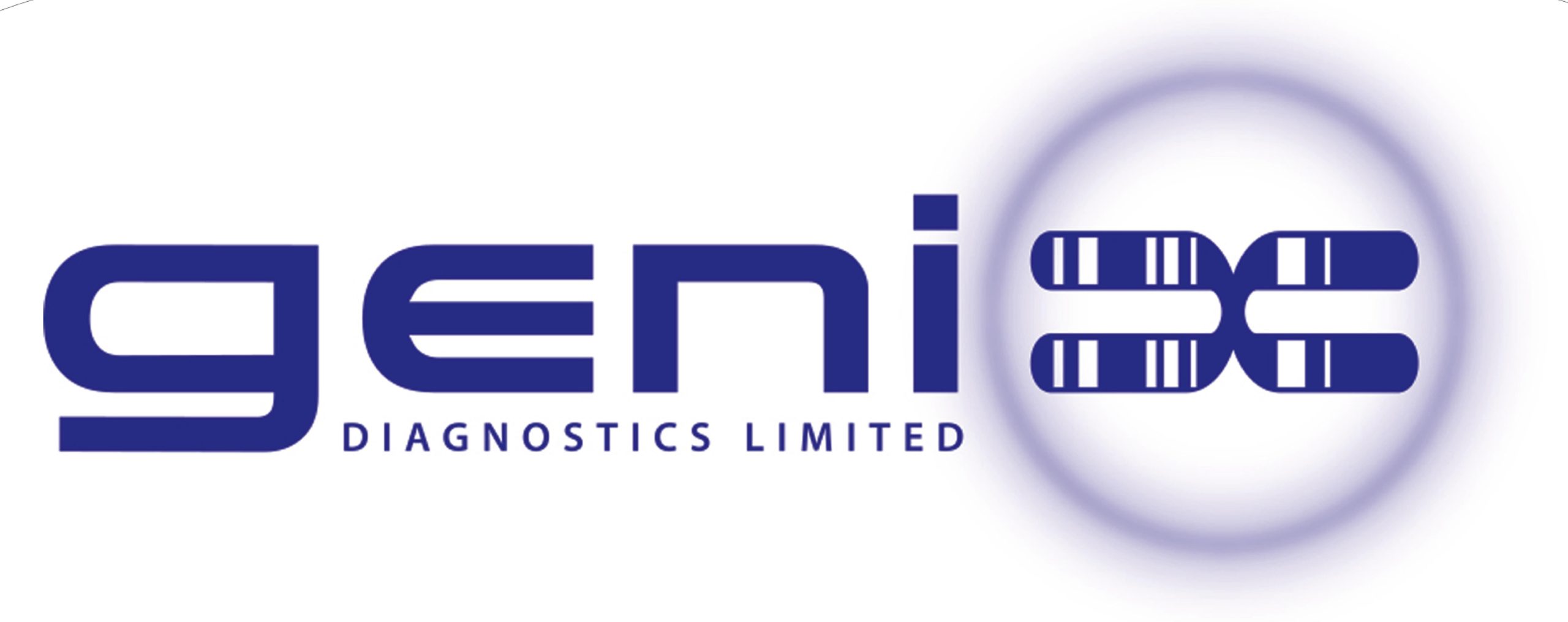Turner Syndrome
| Turner syndrome is a rare chromosomal disorder that affects females. The disorder is characterized by partial or complete loss (monosomy) of one of the second sex chromosomes. |
XXX Syndrome
| Trisomy X, also called triple X syndrome or 47,XXX, is characterized by the presence of an additional X chromosome in each of a female’s cells. |
Klinefelter Syndrome
| Klinefelter syndrome is a genetic condition that results when a boy is born with an extra copy of the X chromosome. Klinefelter syndrome is a genetic condition affecting males, and it often isn’t diagnosed until adulthood. |
Trisomy 13 (Patau syndrome)
| Trisomy 13 Syndrome is a rare chromosomal disorder in which all or a portion of chromosome 13 appears three times (trisomy) rather than twice in cells of the body. In some affected individuals, only a percentage of cells may contain the extra 13th chromosome (mosaicism), whereas other cells contain the normal chromosomal pair. |
Trisomy 18 (Edwards Syndrome)
Edwards syndrome, also known as trisomy 18, is a very severe genetic disorder that affects how your child’s body develops and grows. Children diagnosed with trisomy 18 have a low birth weight, multiple birth defects and defining physical characteristics.
Trisomy 21 (Down syndrome)
| Down syndrome is a genetic disorder caused when abnormal cell division results in an extra full or partial copy of chromosome 21. This extra genetic material causes the developmental changes and physical features of Down syndrome. |
Jacobs Syndrome
| XYY syndrome, also known as Jacobs syndrome, is an aneuploid genetic condition in which a male has an extra Y chromosome. |
Microdeletion Syndromes
1p36.3-p36.2
4p16.3p16.2 (Wolf-Hirschhorn syndrome)
5p15.3-p15.1 (Cri-du-chat syndrome)
15q11.2-q13.1 (Prader-Willi/Angelman syndrome)
22q11.21 (DiGeorge syndrome)
Who is eligible for a NIPS test?
You might choose or be recommended by your doctor to have an NIPS test if:
● Your combined first trimester screening test shows you are at an increased risk of having a baby with chromosomal abnormalities.
● You want to be sure you are at increased risk before you opt for diagnostic tests such as amniocentesis or CVS, which carry a small risk of miscarriage.
● You are at increased risk (for example, if you are older than 35 years of age or you have had a baby previously with a chromosomal abnormality).
